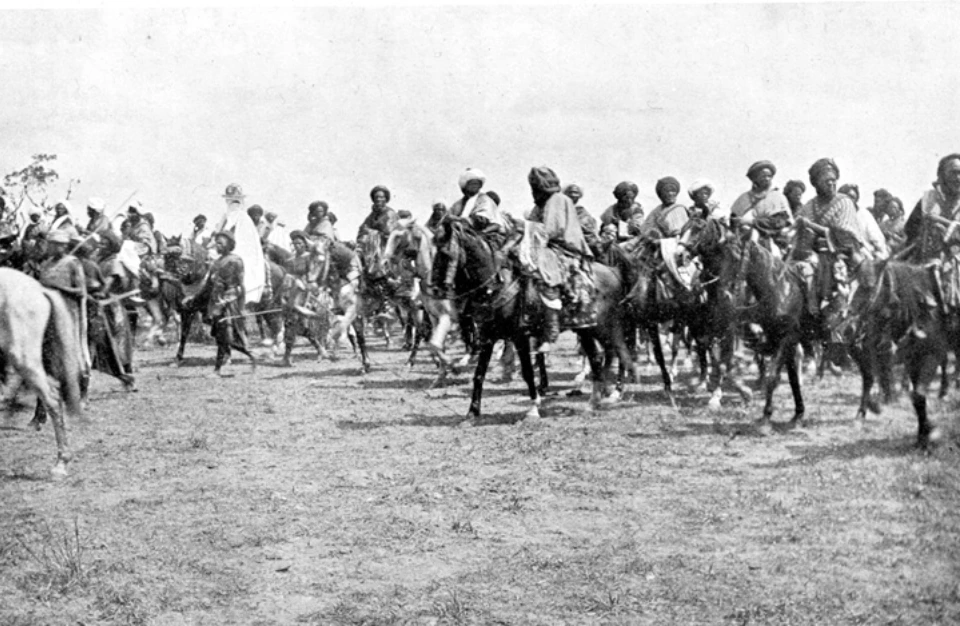
"The fiction of terra nullius is displaced by the recognition of native title." – Justice Brennan, Mabo v Queensland
Mabo v Queensland (1992)
Backgorund:
- Eddie Koiki Mabo, a Meriam man from the Torres Strait Islands, led the legal challenge.
- The plaintiffs sought recognition of their traditional ownership of land on the island of Mer in the Torres Strait.

Mabo v Queensland (No 2) (1992) is a landmark decision of the High Court of Australia that fundamentally reshaped Australian law regarding Indigenous land rights. The case recognized the doctrine of native title for the first time and overturned the legal fiction of terra nullius—the idea that Australia was “land belonging to no one” before European colonization.
Summary of the Case:
Background:
- Eddie Koiki Mabo, a Meriam man from the Torres Strait Islands, led the legal challenge.
- The plaintiffs sought recognition of their traditional ownership of land on the island of Mer in the Torres Strait.
Key Issues:
- Could the Meriam people claim native title over their ancestral lands?
- Did the British assertion of sovereignty in 1788 extinguish all pre-existing land rights?
The Decision:
- On June 3, 1992, the High Court ruled by a majority (6-1) that:
- Native title existed in Australian common law.
- Terra nullius was a false and unjust concept.
- Native title could coexist with Crown sovereignty, but it could be extinguished by valid government acts.
- On June 3, 1992, the High Court ruled by a majority (6-1) that:
Significance:
- The decision recognized Indigenous Australians as the original custodians of the land.
- It prompted the creation of the Native Title Act 1993, which established a framework for claiming and recognizing native title.
Important Quotes:
On Native Title:
“Native title has its origins in and is given its content by the traditional laws acknowledged by and the traditional customs observed by the Indigenous inhabitants of a territory.” (Justice Brennan)On Terra Nullius:
“The fiction by which the rights and interests of Indigenous inhabitants in land were treated as non-existent… is a concept unacceptable in a modern society.” (Justice Brennan)On Justice and Equality:
“The common law does not necessarily conform with all aspects of international law, but international law is a legitimate and important influence on the development of the common law, especially when international law declares the existence of universal human rights.” (Justice Brennan)
